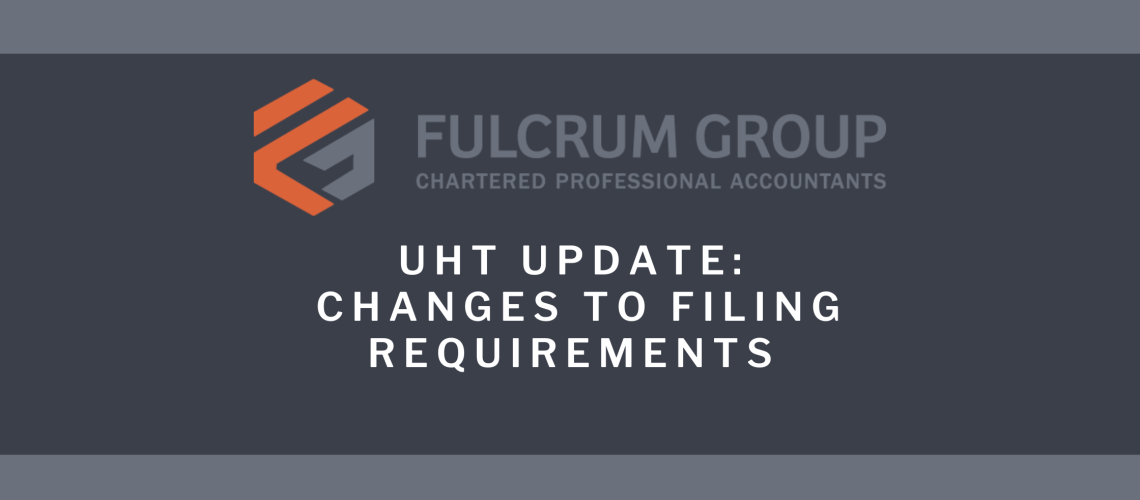In Budget 2021, the Canadian government introduced the Underused Housing Tax (UHT), a 1% annual tax on the value of non-resident, non-Canadian-owned vacant or underused residential real estate. In response to feedback on the onerous filing, the government is proposing significant changes to streamline compliance. These changes have not yet been passed with federal legislation but are expected to be passed and enacted in the coming months.
One notable proposal is the elimination of filing requirements for certain owners. “Specified Canadian corporations,” partners of “specified Canadian partnerships,” and trustees of “specified Canadian trusts” are slated to become “excluded owners,” relieving them of UHT reporting obligations. The government aims to expand these definitions to include a broader range of Canadian ownership structures, reducing the compliance burden for eligible entities starting from the 2023 calendar year.
This means that most Canadians should not have to file a UHT return in 2023.
To further ease the transition, the government is also suggesting a reduction in minimum failure-to-file penalties. The minimum penalties for individuals and corporations for late filing UHT returns are proposed to decrease from $5,000 to $1,000 and from $10,000 to $2,000, respectively, beginning in 2022.
The requirement to file UHT returns for 2022 under the original legislation will continue and the deadline has been extended to April 30, 2024. If you have not filed your UHT returns yet or are unsure if you have a filing obligation, please contact Fulcrum Group.
*The information contained in this post reflects the standards and rules applicable at the date posted and may or may not be relevant at future dates



